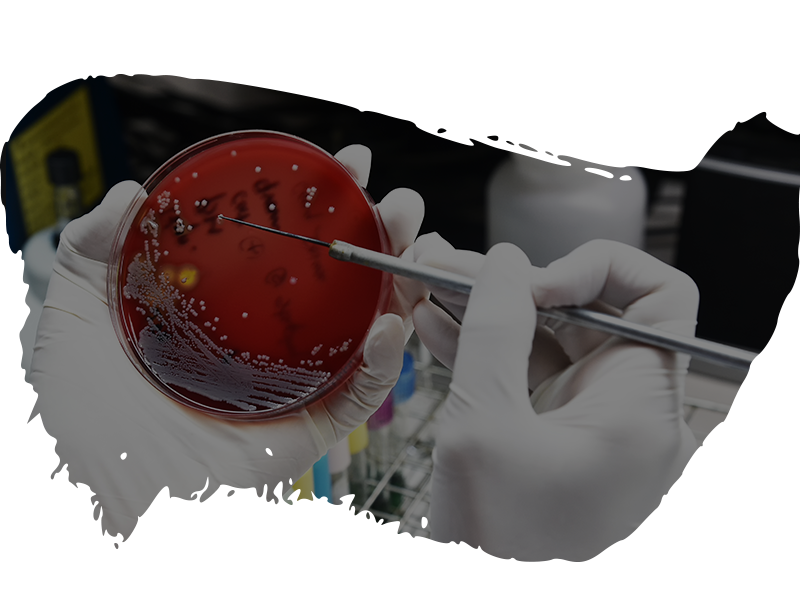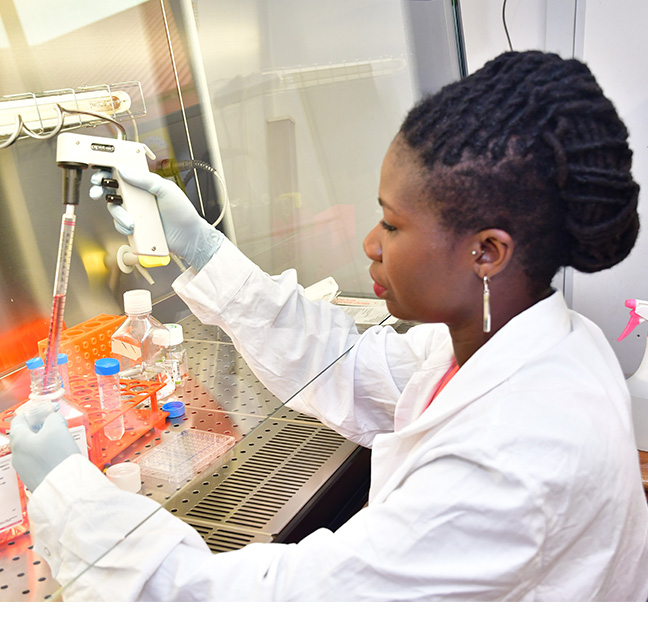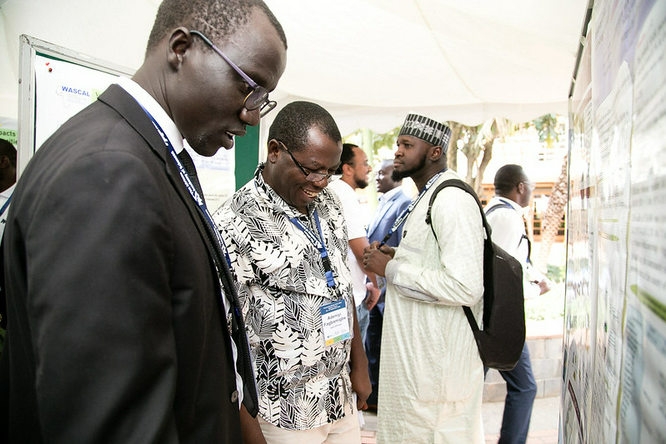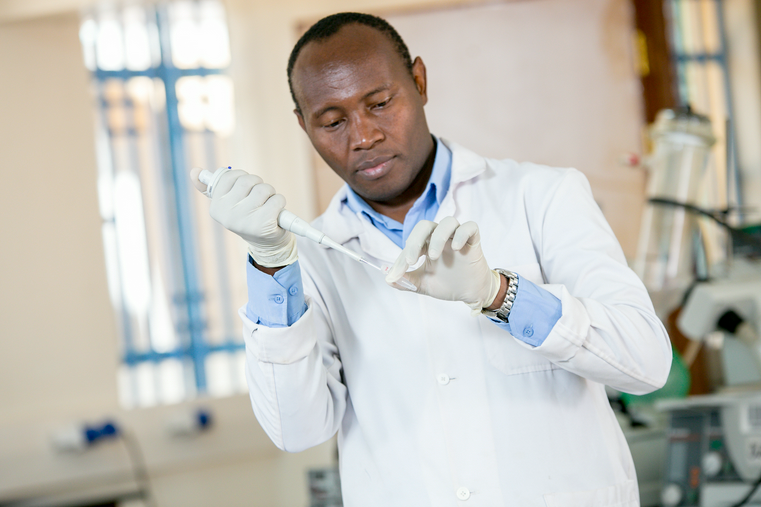Our flagship programme, Developing Excellence in Leadership, Training and Science (DELTAS) Africa funds collaborative networks/consortia led by Africa-based scientists to amplify Africa-led development of world-class research and scientific leaders on the continent, while strengthening African institutions. The first phase supported the training of 1,852 undergraduate, master’s, PhD, postdoctoral and senior researchers.
DELTAS Africa invited applications in 2019 that sought to balance research excellence and equity by encouraging collaborative networks of researchers that are relatively rich and relatively poor in support resources. This second phase of the DELTAS Africa programme is enabled by a new $72M investment from Wellcome and the UK Department for International Development (DFID), extending the programme for an additional five years, to 2025.
The Heredity and Health for Africa (H3Africa), which is a multi-million, multi-country and multi-year genomic research programme to increase understanding of how human genes and the environment are contributing to Africa’s increased susceptibility to diseases inspired the creation of the AAS Data and Biospecimen Governance Committee, which will provide guidelines for collecting, storing and sharing data and specimens in ways that protect study participants from exploitation, benefit African citizens and provide a resource for governments to create their own data policies. H3Africa was launched in 2010 as a partnership among the US National Institutes of Health (NIH), Wellcome, and the African Society of Human Genetics (AfSHG). The AAS joined in 2016 to manage the Wellcome component of the programme, recruiting four grantees from Ethiopia, South Africa, the Gambia and Uganda.
The establishment of the Clinical Trials Community (CTC) is to strengthen all aspects of clinical trials and translational sciences capacity in Africa. In 2019, the Academy hosted seven consultative workshops for scientists across the continent to establish the structure and format of this collaborative platform. These discussions will shape the development of this platform, currently underway.



